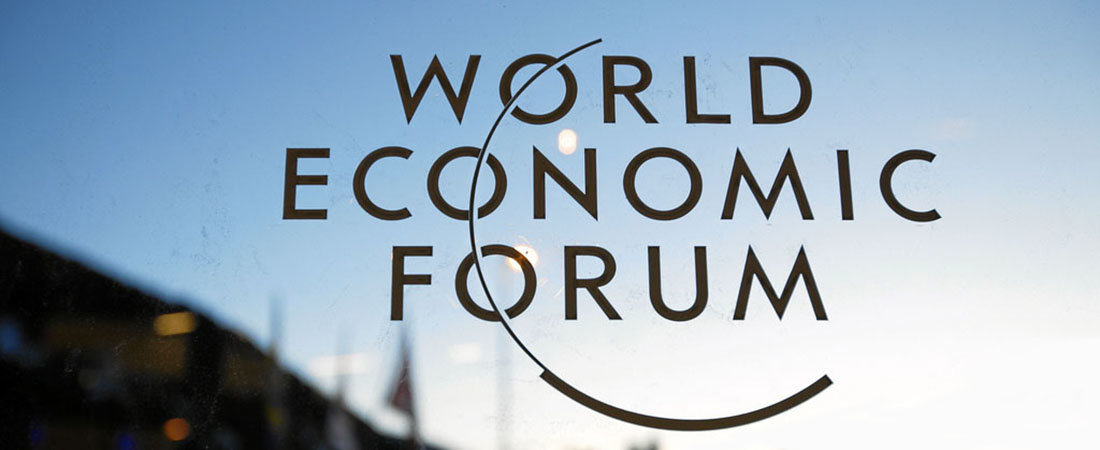Global leadership vacuum presents a clear opportunity for philanthropists
In a whirlwind week which saw the inauguration of US President Trump, an impassioned defence of globalisation from a Chinese Premier and a hard Brexit become much more likely, it is no surprise that “hard” political issues dominated discussions at the World Economic Forum in Davos last week.
Any one of these issues, taken alone, would generate enormous upheaval in the global international order. But for all three to land in one week? These are turbulent political times – and we haven’t even mentioned the increasingly emboldened and pugnacious Vladimir Putin.
As one commentator put it, “2008 was the year of the financial crisis, but 2017 will be the year of the geopolitical crisis.”
Perhaps the most concerning feature of the current international system is the clear absence of global leadership to navigate such a crisis. The world we currently live in is more non-polar than multi-polar, and this is unlikely to change. The US, under President Trump, will likely turn inward, thus striking the final death knell for Pax Americana.
Any global leadership on offer will surely focus on the “hard issues” already mentioned. Sadly, “softer” humanitarian issues, such as climate change, the ongoing disaster in Syria and the global refugee crisis, are unlikely to get the attention they deserve from political elites.
This presents a significant opportunity for global philanthropists, who can step in to fill the void in leadership in these key areas.
This was in evidence at Davos last week. By way of example, the Coalition for Epidemic Preparedness Initiatives (CEPI) launched last week, a $460 million project led by a group of charities and philanthropists. Some national governments were involved (Germany, Japan and Norway), but not as many as one might have hoped for, and global philanthropists played a vital role in plugging the gap.
We need to see more of this kind of leadership from philanthropists. And two key principles should guide their way.
The first relates to strategic cause selection. Philanthropists will need to select their cause areas with great care, based on a data-driven analysis of what works. This will ensure that they do not just do good – they do the most good possible.
The second principle relates to the importance of clear and effective communication. To cut through in a media landscape dominated by hard news, philanthropists will need to communicate their work in a way which resonates clearly with their donors, beneficiaries and other target audiences.
2017 may well be the year of geopolitical crisis, with no international policeman to keep things in check. But when it comes to the crucial humanitarian issues of our time, philanthropists can do much to mitigate the damage of this leadership vacuum if they step up to fill the void.

